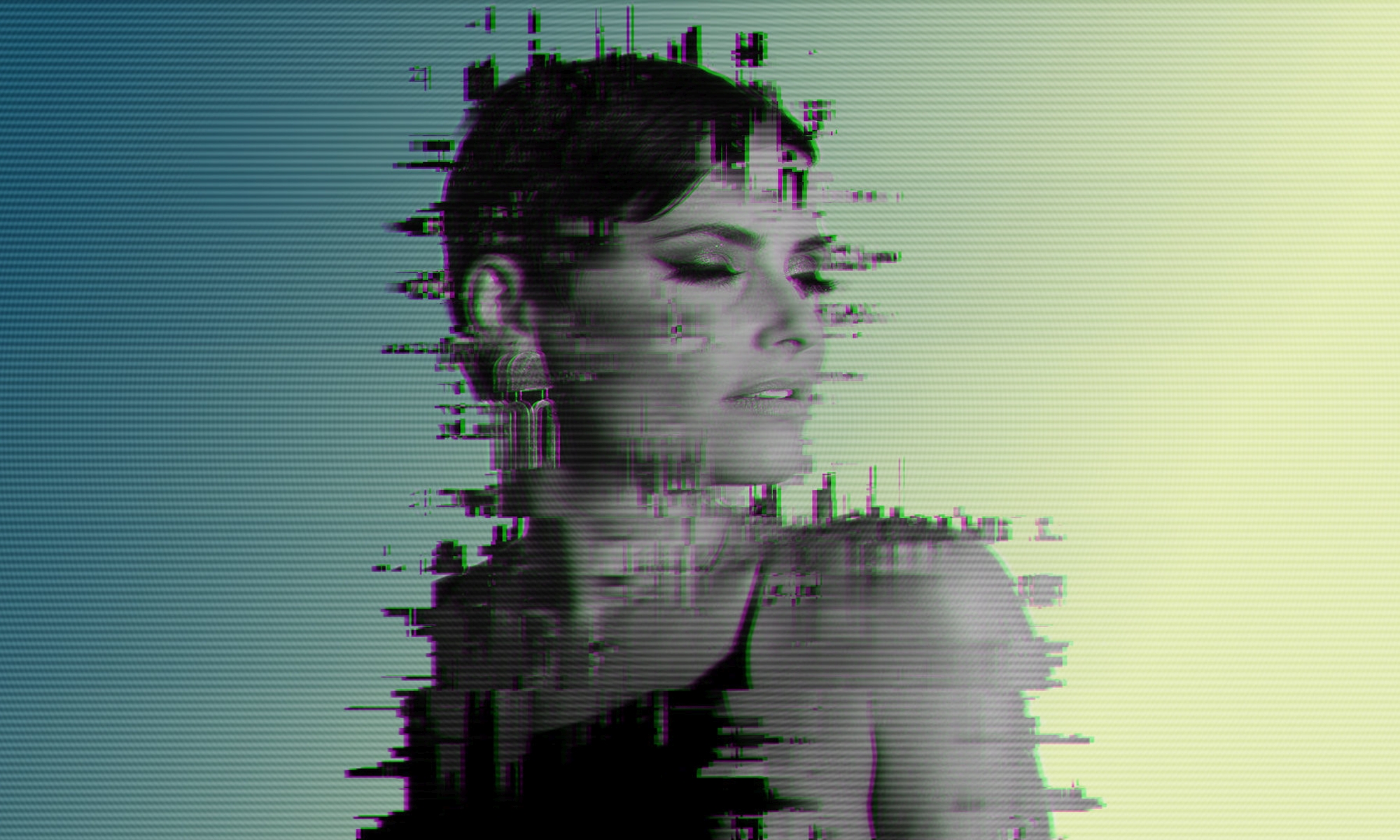Breaking the Shell: Joe Explains the Solar System to Nelly
Joe and Nelly sat on the terrace of their Lisbon hideaway, the stars above them twinkling like secrets waiting to be revealed. A faint ocean breeze carried the scent of salt and the distant murmur of waves. Joe leaned forward, his elbows on the table, eyes fixed on the vast sky.
“You ever think about the Solar System, Nelly? I mean, what it really is?” Joe began, his voice calm but tinged with curiosity.
Nelly smiled, sipping her tea. “Sure, but I get the feeling you’re about to tell me something I haven’t heard before.”
Joe chuckled. “Maybe. Let me start with something wild: Operation Fishbowl.”
Nelly tilted her head, intrigued. “I’ve heard of it. High-altitude nuclear tests in the ‘60s, right?”
“That’s the official story,” Joe said, leaning back. “But there’s more to it. Those tests weren’t just about defense or studying nuclear effects in the atmosphere. They were trying to blow a hole in the Van Allen radiation belts.”
Nelly frowned. “The Van Allen belts… the layers of radiation that surround Earth? Why would they do that?”
Joe’s gaze returned to the stars. “Think of it like an eggshell. The Earth, with its atmosphere and radiation belts, is protected—sealed off from the vastness of space. Operation Fishbowl was like an animal trying to crack that shell, to break out and see what’s beyond.”
Nelly set her cup down, her eyes narrowing. “You’re saying that’s how America went to outer space in 1969?”
Joe nodded. “That’s one theory. Before those tests, the radiation belts were considered impassable—too dangerous for human travel. But after Operation Fishbowl, the narrative shifted. Suddenly, space exploration became possible. Some believe those explosions weakened the belts just enough to allow passage.”
Nelly’s expression was a mix of wonder and skepticism. “That’s… a lot to process. But why would they keep that a secret? Wouldn’t it be something to celebrate?”
Joe shrugged. “Maybe because it raises more questions than answers. If the belts are a protective barrier, who or what put them there? And if we had to blow a hole in them to leave, what does that say about the nature of our world? About our place in the universe?”
Nelly was silent for a moment, then said, “It’s like humanity breaking out of its own cocoon, isn’t it? But instead of a butterfly, we’re a species with nukes and egos, charging into the unknown.”
Joe laughed softly. “That’s one way to put it. The thing is, Nelly, we’ve always been explorers. But sometimes, we don’t think about the consequences of our curiosity. What if breaking that shell had unintended effects? What if we’re not ready for what’s out there?”
Nelly looked at the stars, her voice thoughtful. “Maybe the question isn’t just about what’s out there, but what’s in here—what kind of species we are, what kind of responsibility we have.”
Joe nodded, his expression serious. “Exactly. Maybe the real journey isn’t just about reaching the stars. It’s about making sure we’re worthy of them.”
As they sat under the endless sky, the conversation drifted to other topics, but the weight of their discussion lingered. The Solar System, with its mysteries and challenges, felt closer and more profound—a reminder of humanity’s fragile place in the cosmos and its potential to transcend it.

